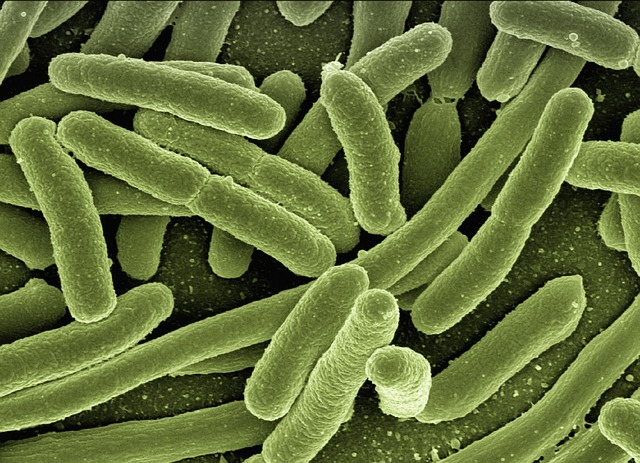In today’s fast-paced world, the concept of a healthy lifestyle often gets overshadowed by the daily hustle and bustle. However, embracing a life rich in movement and nutrition is fundamental to not only our physical well-being but also our mental and emotional health. Understanding the science behind exercise physiology can illuminate why adopting such a lifestyle is essential.
At its core, exercise physiology focuses on how our bodies respond to physical exertion. When we engage in regular physical activity, our muscles grow stronger, our cardiovascular health improves, and our mental clarity sharpens. This transformation is underpinned by complex biochemical processes – from the way our muscles use oxygen to how our bodies burn fat. Physical activity enhances the efficiency of our cellular systems and boosts the production of endorphins, which are hormones that contribute to feelings of happiness and satisfaction.
Incorporating exercise into our daily routine doesn’t merely concern grueling workouts at the gym; it embraces movement in ways that we can enjoy. Whether it’s dancing, hiking, cycling, or practicing yoga, finding activities that resonate with us can spark a lifelong engagement with fitness. In fact, exercise physiology suggests that when we enjoy our workouts, our body responds more positively, enhancing the physiological benefits we derive from these minutes spent in motion.
Alongside this physical activity, healthy nutrition acts as the fuel that powers our bodies. The choices we make regarding what we eat profoundly affect our energy levels, recovery times, and overall vitality. A balanced diet comprising whole foods, lean proteins, healthy fats, and plenty of fruits and vegetables is pivotal. These foods not only provide essential nutrients needed for optimal bodily functions but also support muscle repair and energy replenishment post-exercise.
Moreover, adopting a healthy lifestyle means listening to our bodies and understanding when to nourish them properly. It’s essential to stay hydrated and refuel with the right nutrients before and after physical exertion. This deliberate approach to nutrition reinforces the idea that food is not just sustenance; it’s an integral part of our fitness journey and overall well-being. When chosen wisely, meals become a source of energy and recovery, perfectly complementing our exercise regimes.
Beyond the physical benefits, the psychological impact of maintaining a healthy lifestyle cannot be overlooked. Regular exercise, paired with good nutrition, has been shown to reduce stress, combat anxiety, and improve mood. When our bodies feel good, our minds follow suit. The interplay between physical activity and dietary habits creates a powerful synergy that promotes not just longevity but a higher quality of life.
Understanding the science behind exercise physiology empowers us to make informed decisions that lead to healthier lifestyles. Whether you are a fitness enthusiast or a newcomer to the field, knowing how your body functions during physical exertion aids in setting realistic goals that are achievable and sustainable. Building a routine that incorporates both movement and mindful eating can result in profound transformations, renewing our bodies and invigorating our spirits.
The journey towards a healthier lifestyle is personal, often reflective of our individual preferences and goals. The key is to embrace the elements of exercise and nutrition that resonate the most with us and to incorporate them into our daily lives in a way that feels rewarding. As we delve deeper into the science behind these components, we equip ourselves with valuable knowledge that can guide us on our path to health and happiness.




